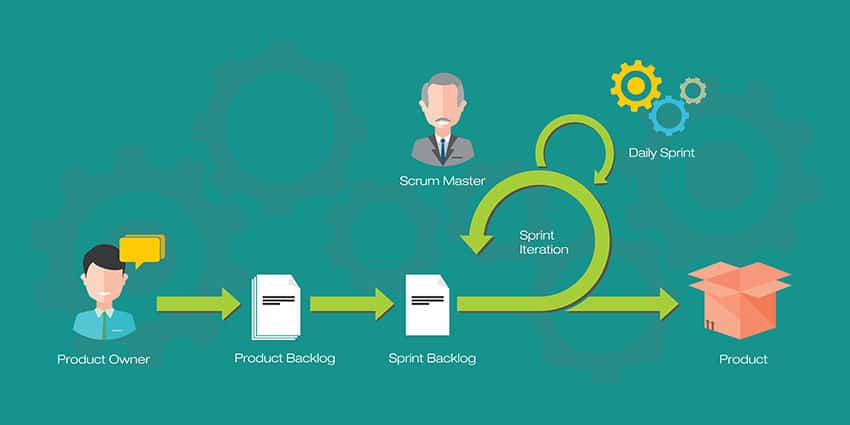Many things weigh on business leaders. From choosing the right direction on projects to hiring employees, managers have to make many crucial decisions during day-to-day operations.
But just because managers are running a team doesn’t mean they should wield their power any way they want. Those leaders who subscribe to the tenets of lean management especially should pay attention to our list of five things managers should probably stop doing immediately in order to build a better (and stronger) team.
Shifting Priorities Sporadically
As we’ve discussed in previous blog posts, one of the biggest time sucks employees often gripe about is frequent context switching. Changing from one priority or project to another is disorienting and is a major drain on a team’s productivity.
Not only is context switching a serious productivity killer, it also has a direct impact on your company’s bottom line. When projects are interrupted when a team member is asking to start on something else, tasks can go unfinished. Or employees can get sloppy with their work when they are forced to manage too many conflicting priorities.
And when managers shift priorities too often, that just feeds into this well-known problem.
Making Every Decision
Mangers have often heard that micromanaging their employees, on top of being irritating, is also a drain on productivity.
Employees were originally hired because of their specific experience and expertise. Therefore, letting those employees to make the call on relevant decisions just makes good business sense.
And allowing team members to make some of the big decisions not only gives them a sense of ownership in the fate of a project, it can also help your team generate more value for the company. The team’s investment in the success of a project is a great way to motivate them to be productive and work to ensure tasks are completed on time and on budget.
Business continuity plans can streamline, strengthen and secure daily project operations. Learn about what makes a strong business continuity plan here.
Owning Victories But Not Defeats
We’ve all known those managers who hog the spotlight when a project goes off without a hitch. They take all the credit for their team’s success, which usually comes off as selfish and self-serving. But when a project experiences a setback, they’re often quick to blame the team rather than taking ownership for the failure themselves.
For employees, watching this behaviour in their leader is demoralizing and demotivating. It’s really the team who did the work, and they should be credited accordingly. And when projects don’t go according to plan, be culpable as a manager and take one for the team.
Creating a Culture That Fears Failure
Failure is inevitable. The sooner managers accept that, the sooner you can get back to being productive. And the same goes for your team members.
In a professional setting, it’s become a common practice to create a corporate culture where failure is a deeply ingrained fear. Rather than fighting the inevitable, it’s more productive to create a safe space where employees can own up to failure, share their missteps and learn from the experience. Failures, mistakes and missteps feed into the lean management tenet of continuous improvement — we learn from these experiences and adjust our processes or workflow to avoid making the same error twice.
Giving Templated Performance Reviews
Yes, we know giving those regularly scheduled performance reviews for every team member can be an overwhelming task. And it may be tempting to give each employee a templated review with the same canned feedback.
However, offering insincere feedback (highly praising someone who is only doing a so-so job or vice-versa) isn’t fair to the employee. Instead, do your best to be constructive and genuine to each team member in their performance reviews. For those who have room for improvement, point out areas they can work on and establish milestones to achieve improvement. Doing otherwise doesn’t allow employees to address performance issues and attempt to do better.







